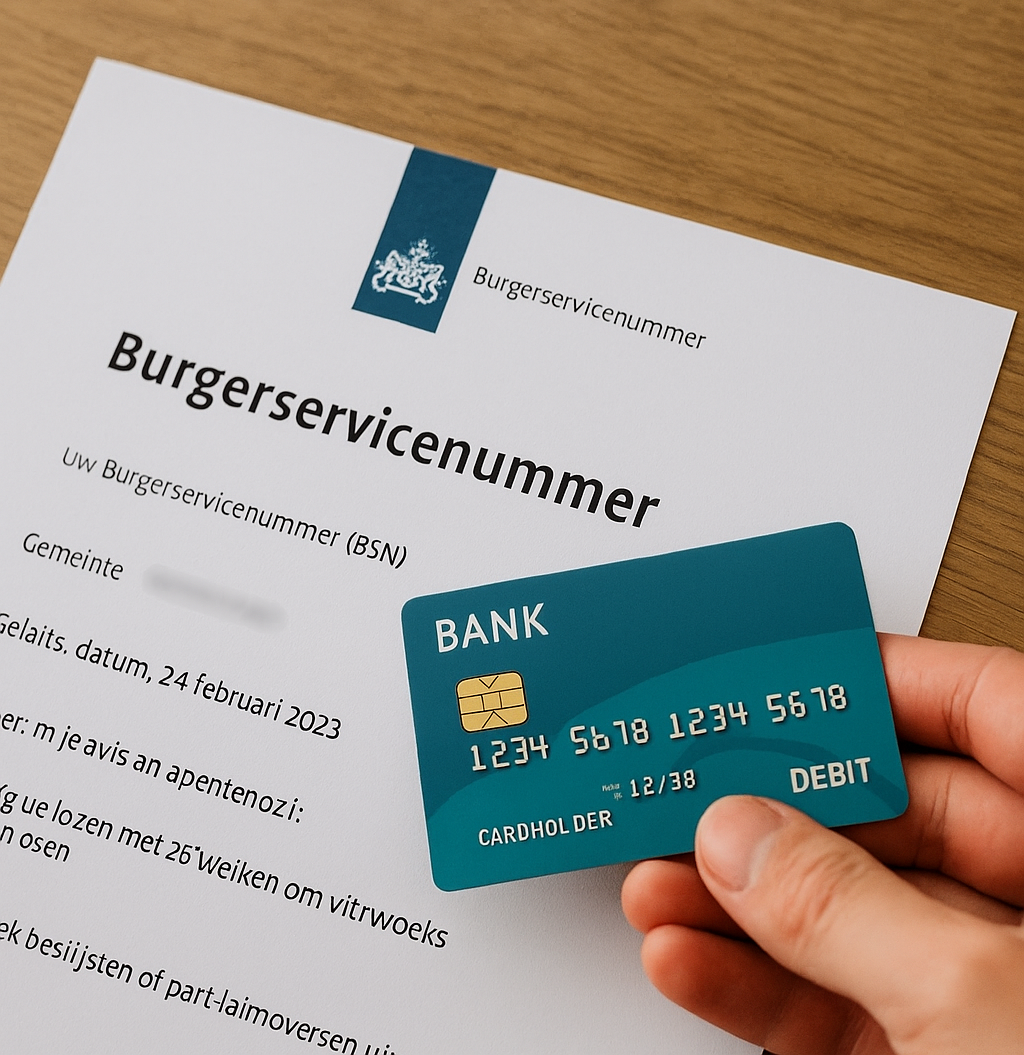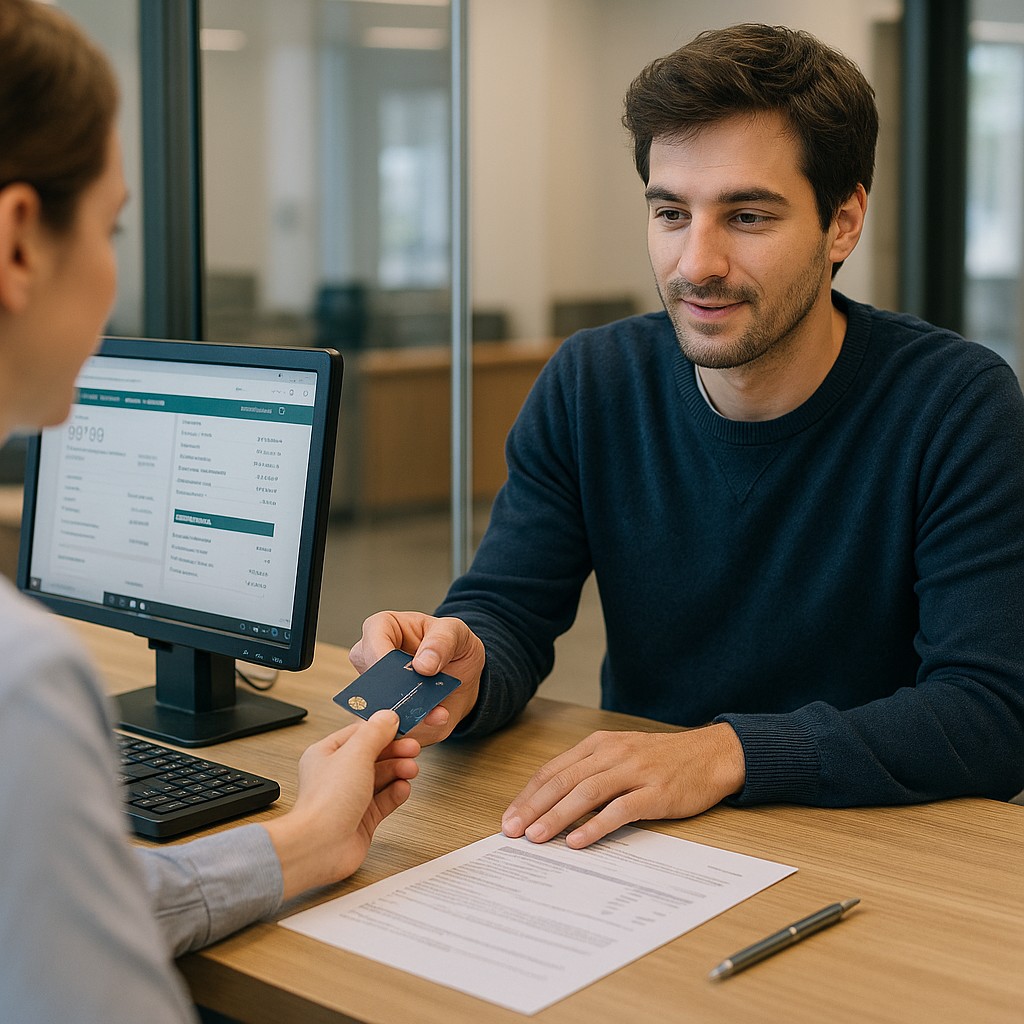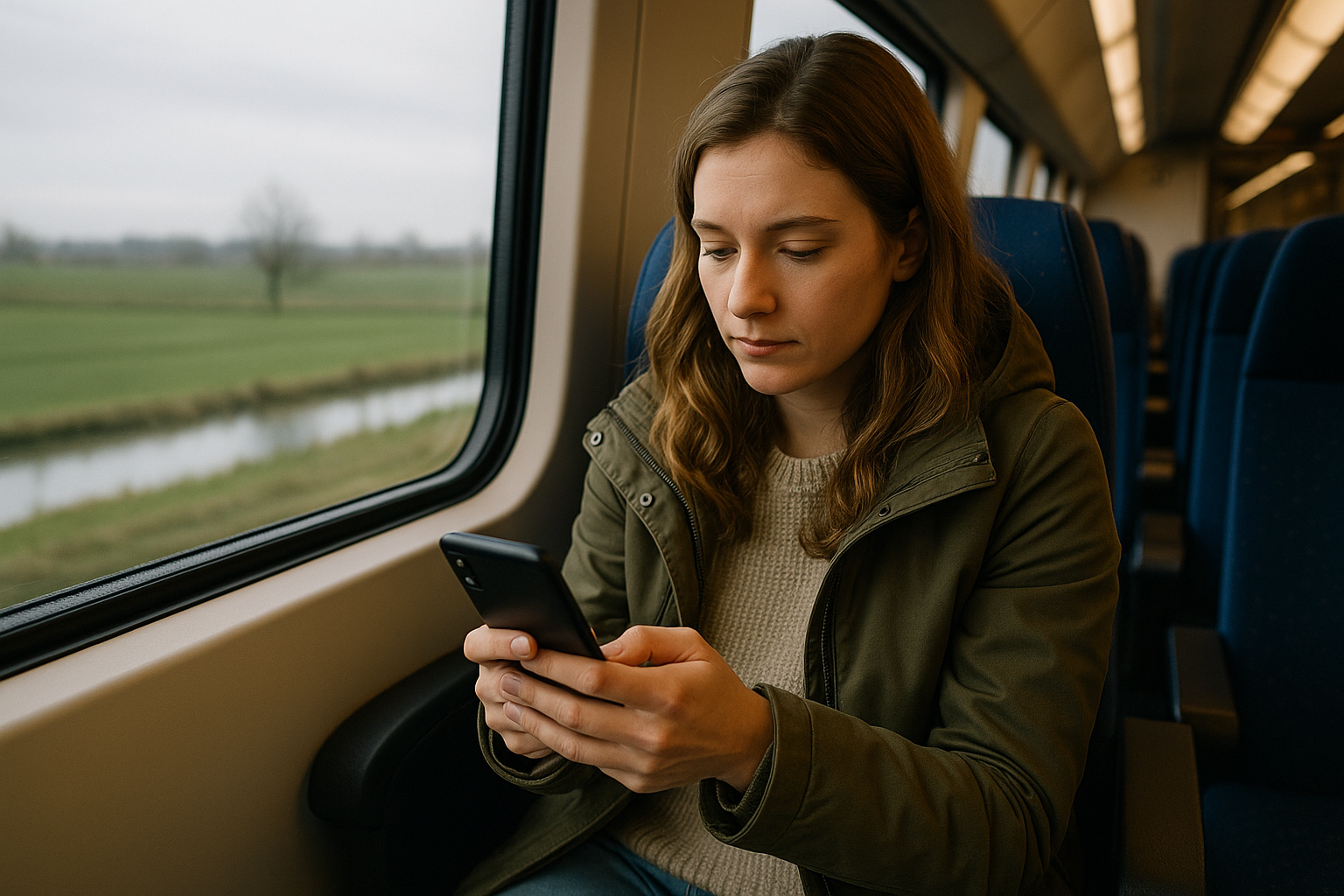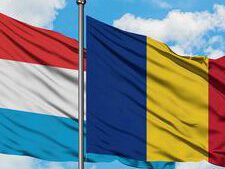The Importance of a BSN Number and Bank Account in the Netherlands
What is a BSN?
The BSN (Burgerservicenummer) is your personal citizen service number in the Netherlands. You receive it after registering at the municipality (gemeente) where you live.
This number is essential for almost everything in the Netherlands:
- Starting a job
- Receiving a salary
- Getting health insurance
- Visiting a doctor or hospital
- Applying for benefits or allowances
- Opening a bank account
You cannot work legally or receive a salary without a BSN.
How to Get a BSN
Step 1: Make an appointment with the municipality (gemeente)
Step 2: Bring a valid passport or EU ID
Step 3: Provide your Dutch address or temporary accommodation
Step 4: After registration, you will receive your BSN — often the same day
If you’re staying for less than 4 months, you can register as a non-resident (RNI) at selected municipalities.
Why You Need a Dutch Bank Account
In the Netherlands, employers pay salaries only by bank transfer — usually to a Dutch IBAN.
Other reasons to open a bank account:
- Paying rent, subscriptions, and health insurance
- Receiving benefits or allowances
- Using online banking and mobile apps
- Contactless payments (very common in Dutch shops)
How to Open a Bank Account
You can choose between banks like ING, Rabobank, ABN AMRO, or online options like bunq or Revolut.
You’ll need:
- A valid ID or passport
- BSN number
- Proof of address (e.g. rental contract)
- In some cases: employment contract
Tip: Some banks have English-speaking services and mobile apps in English.
Final Advice
Do this as soon as possible after arrival. Without a BSN and bank account, you can’t legally work or live normally in the Netherlands. Many problems and delays can be avoided by taking care of these two essentials first.





Post Comment
You must be logged in to post a comment.